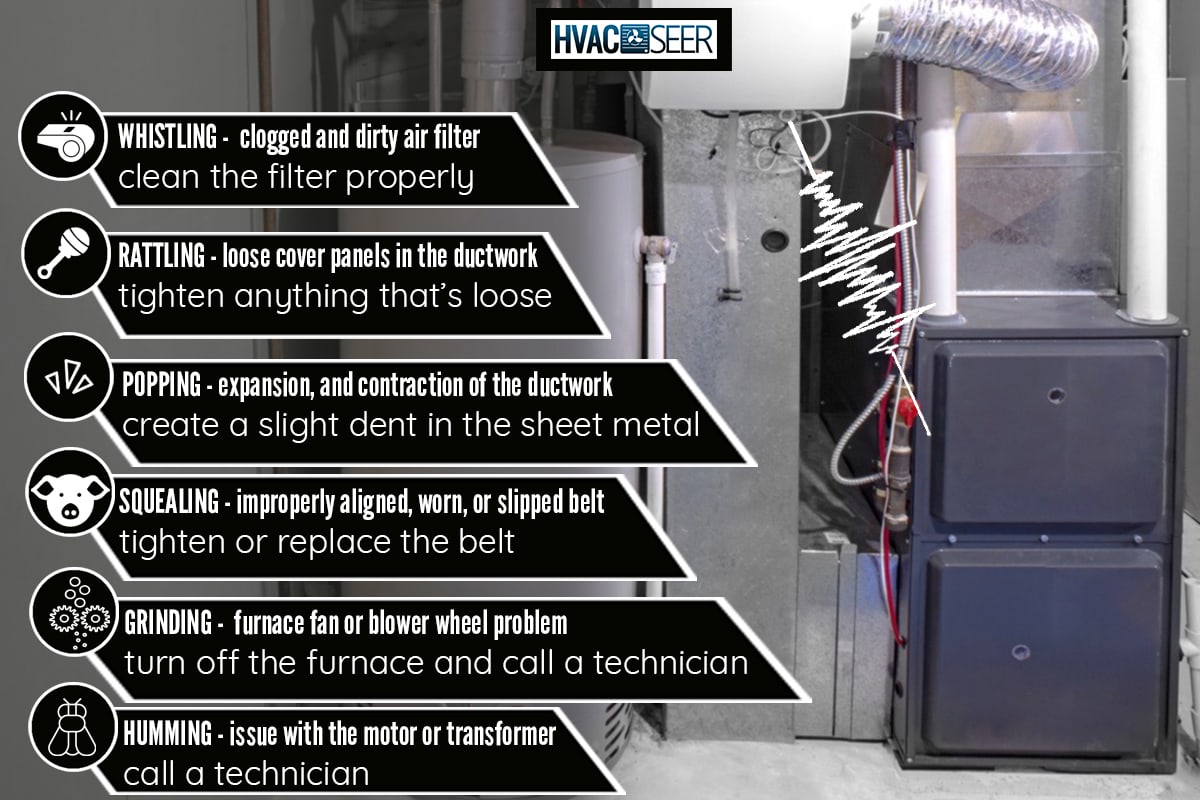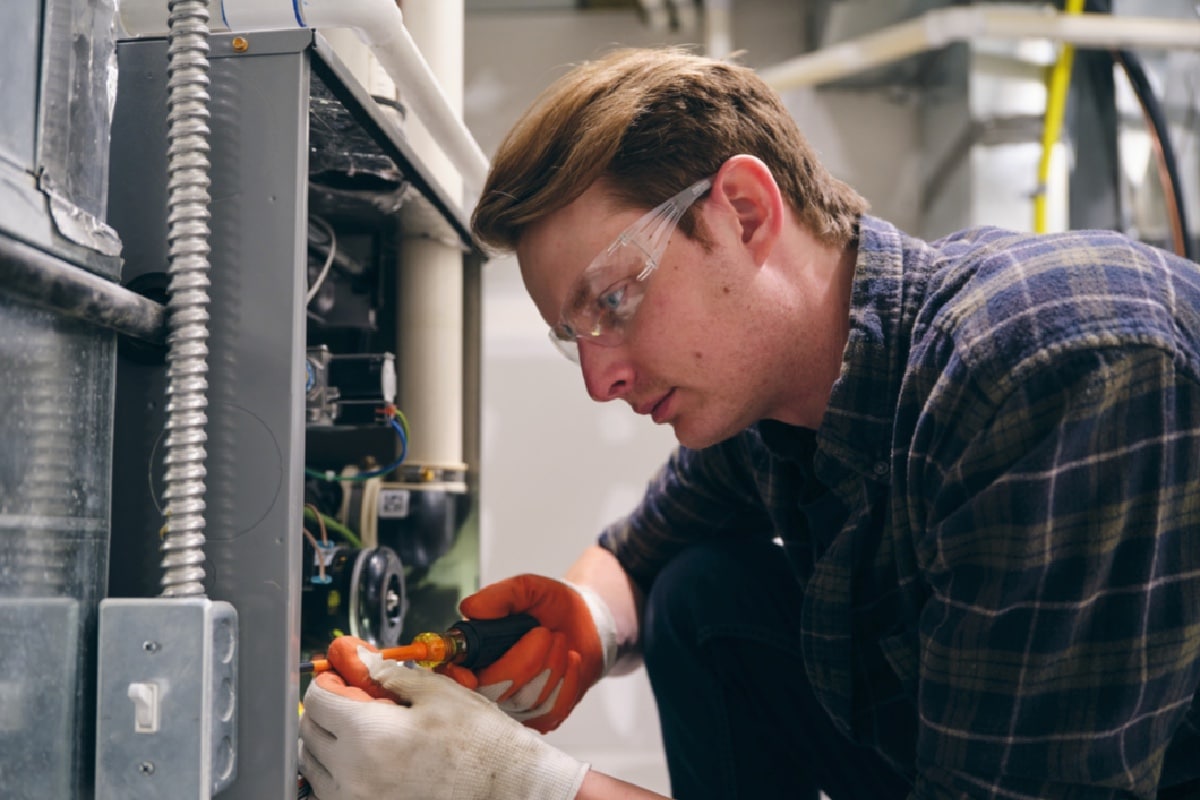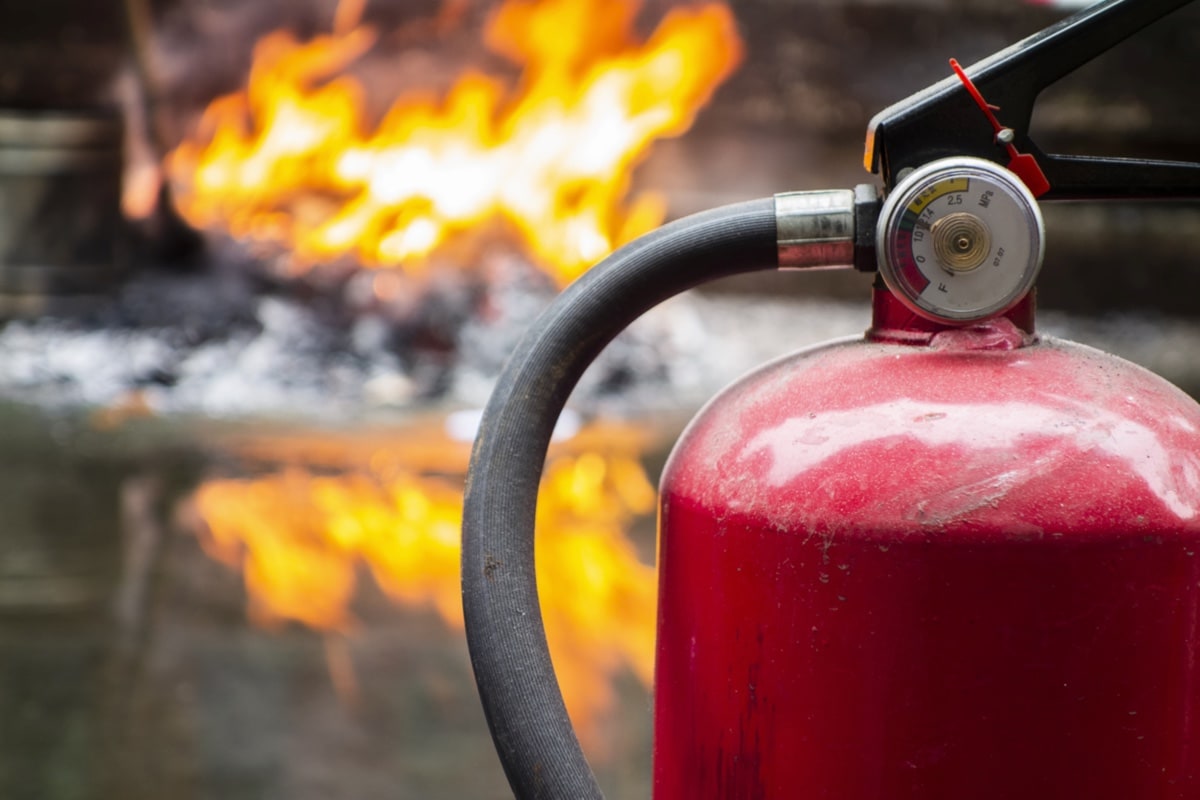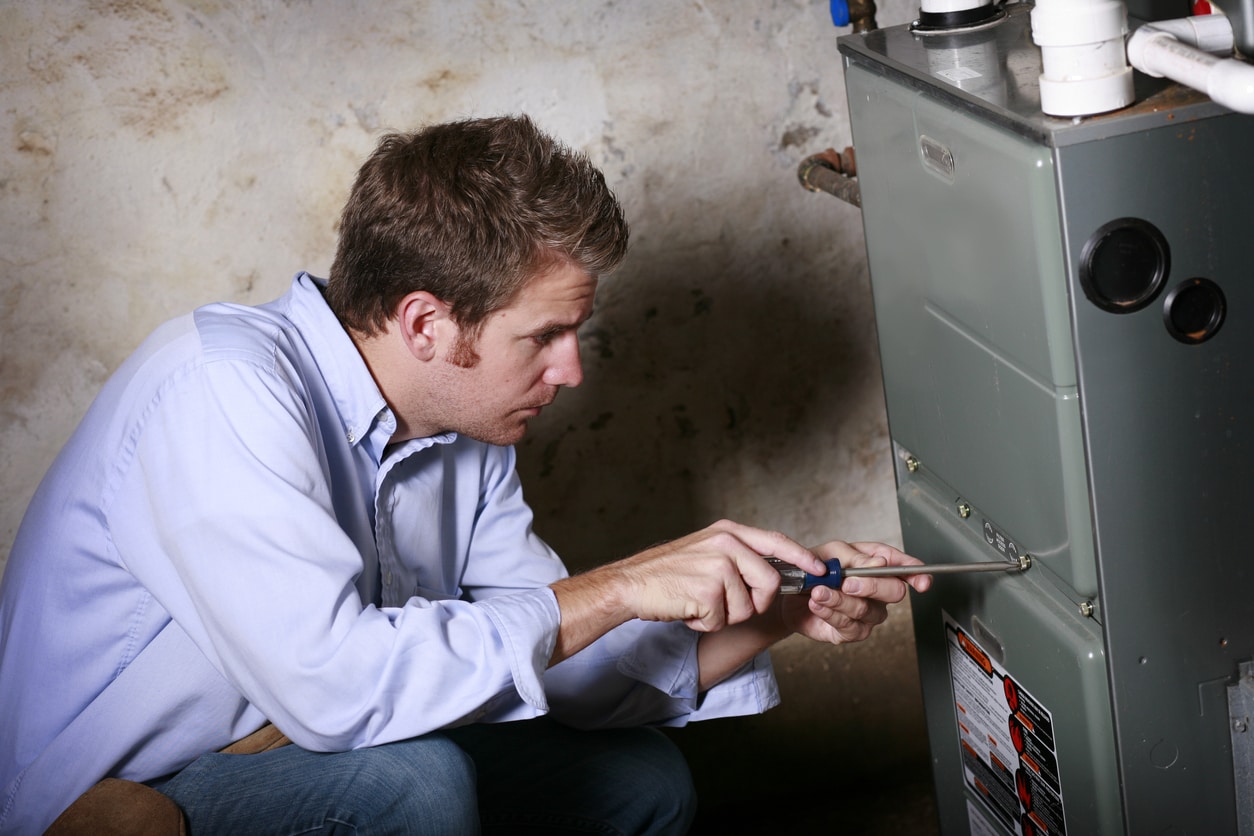You want your furnace to work smoothly, especially during freezing winter nights. A new furnace makes you think it is more efficient and less noisy.
But what if a newly bought Carrier furnace becomes noisy, leaving you clueless about the potential problem and solution? Well, take it easy. We've turned to specialists in the industry to help you out.
It's normal for a new Carrier furnace to make noise. You'll find out if the kind of noise you are hearing indicates a problem by identifying what sound your new Carrier furnace creates. Here's a list of sounds with their possible causes and solutions:
- Whistling - clogged and extremely dirty air filter; clean the filter properly.
- Rattling - loose cover panels and connections in the ductwork; tighten anything that's loose.
- Popping - expansion, and contraction of the ductwork as the temperature rises or falls; create a slight dent in the sheet metal.
- Squealing - improperly aligned, worn, or slipped belt; tighten it or replace it.
- Grinding - furnace fan or blower wheel problem; turn off the furnace and call a repair technician.
- Humming - issue with the motor or electrical transformer; call a technician.
You wouldn't want to just carelessly check your new Carrier furnace without reading all the necessary details, would you? So, here they are!

Behind a Noisy New Carrier Furnace
Equating a new product with better features than the old model is a given to consumers, like in the case of a new Carrier furnace.
A noisy new model might disappoint us, but knowing more about it would barely bring a worry to you at all.
It's Normal
Let's start on the right foot! Yes, your new Carrier furnace creates noise. It is working just as efficiently as you expected. The design of blower motors is to produce more airflow. Thus, the typical noise.
Old furnaces have smaller motors that can only regulate the heat.
The new furnaces come with modern technology that equips new units with the ability to push air through your house. In essence, it's more efficient.
Depending on the Sound
Taking the situation, you may encounter disturbing noises. One time you hear a whistling sound coming from your new furnace. Other times, there's a grinding sound. That doesn't sound normal.
Knowing the kind of sound makes you target the problem on the spot. Here are the distinct sounds your new furnace might produce and how to deal with them:
1. Whistling Sound
A hissing sound is irritating to your ears. The air filter can be clogged or very dirty. Check and clean the filter. Dust it off. Clean air brings happiness.
2. Rattling Sound
These quick sharp noises signal disconnection. You need to fix loose connections in the ductwork or cover panels that are not tight enough, causing it to rattle as soon as your furnace turns on.
3. Popping Sound
A popping sound can make you feel worried. It can be due to thermal expansion. As the temperature rises, the ductwork expands or sizes up.
It can also be that a sheet of metal is loose along the duct runs. Look for it and create a slight dent in the metal sheet to make a hard surface.
It remains in position even if the temperature is hot or cold.
4. Squealing Sound
A shrieking sound is another sign that it is not just normal noise. There are three reasons:
- The belt connected to both the motor and the fan slips. Solution: fit the belt.
- The belt is loosely aligned. Solution: tighten it up.
- The belt is old. Solution: replace the belt.
5. Grinding Sound
A grinding sound is not a normal noise nor a typical glitch. Turn off the heating system and call a repair company.
The problem frequently may involve the furnace fan or blower wheel. Some metals are stroking against each other, or there's a need to repair the motor bearings.
6. Humming Sound
A humming noise may be an unusual sound for a furnace to produce, but it can happen.
There are more than usual reasons: motor or an electrical issue, loose parts and ductwork. It is one of the most familiar furnace noises, but it may be hard to pinpoint.
Safety Guidelines

A modern furnace still requires more or less regular maintenance with its new technology and features. Some safety tips to keep in mind include the following:
- Always check the thermostat to see if it's working properly.
- Clean the surroundings of the unit for smooth airflow.
- Relocate any objects that can block the unit's airflow.
- Keep the exterior clean.
- Dust off the exterior.
- Lubricate and replace the fan belt when it's time.
- Check cracks, rust, or damage.
Check out more cleaning tips for your furnace here: How To Clean An Electric Furnace
Why is my Furnace so Loud all of a Sudden?
Sudden loud noises coming from your furnace is something that you also want to be aware of.
When you hear a loud sound as you start the system, the main reason is that the burner can be clogged which can delay ignition. You need an expert to fix it.
Can a Furnace Explode?

The direct answer is yes. That's why heavily powered appliances must have regular check-ups.
With the advent of modern technology, the high-tech furnace was developed. It is a more efficient, cost-effective, and power-saving design, but it still requires maintenance.
What Causes a Furnace Explosion?
An explosion is an outburst of pressure. Non-compliance with the manufacturer's strict recommendations can cause a furnace explosion.
It commonly happens when there's an accumulation of highly flammable gas, vapor, or dust in a boiler.
These gases react when ignition runs and with short-time combustion where the pressure is much greater than the boiler combustion chamber holds off.
How Do You Stop the Furnace from Exploding?

There are preventive measures to take note of to avoid this kind of accident. Here's the checklist:
- Check for leaks and always tighten fuel inlet valves if not in use.
- Ensure proper operations for ignitors, fuel regulating controls, and flame safeguards.
- Maintain by complying with the manufacturer's specifications.
- Empty residual oil from non-operating burners, oil, or steam supply valves.
- Don't employ the boiler's soot blowers to blow soot in a cold boiler.
- See to it that the limit and operating controls are in operating condition.
What Does it Mean When Your Furnace Smells Like it's Burning?

As with your noisy new Carrier furnace, it's very important to distinguish the kind of burning smell your unit emits.
Here are different burning smells as stated by the manufacturing company itself. It sends you the right signal of what that burning smell really means.
Burning Plastic
Plastic can easily create fire and a possible toxic odor. If the smell lingers, turn off the engine and locate where the smell is coming from. Often it is caused by faulty wiring, overheating, or dusty air filters. Make sure to ventilate your house.
Electric Burning Smell
It is maybe easy to investigate. Check other appliances in your house. You may get confused. Is it your furnace that smells like it's burning? It could also be an overlooked appliance somewhere in your home.
Nevertheless, it's better to shut down your furnace at once. An overheated blower can be a problem for the unit.
Oil or Rotten Eggs Smell
There can also be smells like oil or rotten eggs. An oil furnace is most likely to have an oily smell. Check if there's a leak. The same goes with the smelly rotten eggs. It calls for an immediate professional repair.
Musty Smell
It warns about mold and an unclean unit, especially the air filter. Mold growth that creeps into your unit can cause illness.
Touching or inhaling mold can trigger allergies that make you susceptible to sneezing, a runny nose, and experiencing eye redness and skin irritation.
Check out this post to read further on how to kill mold in indoor spaces: Ozone Generator To Kill Mold [Inc. In Ductwork] – How To?
How Long Do Furnaces Usually Last?
A well-maintained furnace can last 15 to 20 years. Of course, proper care and adhering to professional recommendations may make the furnace last longer.
Its lifespan, though, can be a little subjective. What's for sure is a well-kept unit won't bring headaches.
In Closing
The new Carrier furnace is part of the advanced technology on the market. The furnace may create an annoying noise.
Applying safety guidelines and knowledge about your appliance will put you at ease. These noises are the ones on your problem-solving list!
Before you go, you might want to look into these posts for more helpful information about your Carrier furnace:
